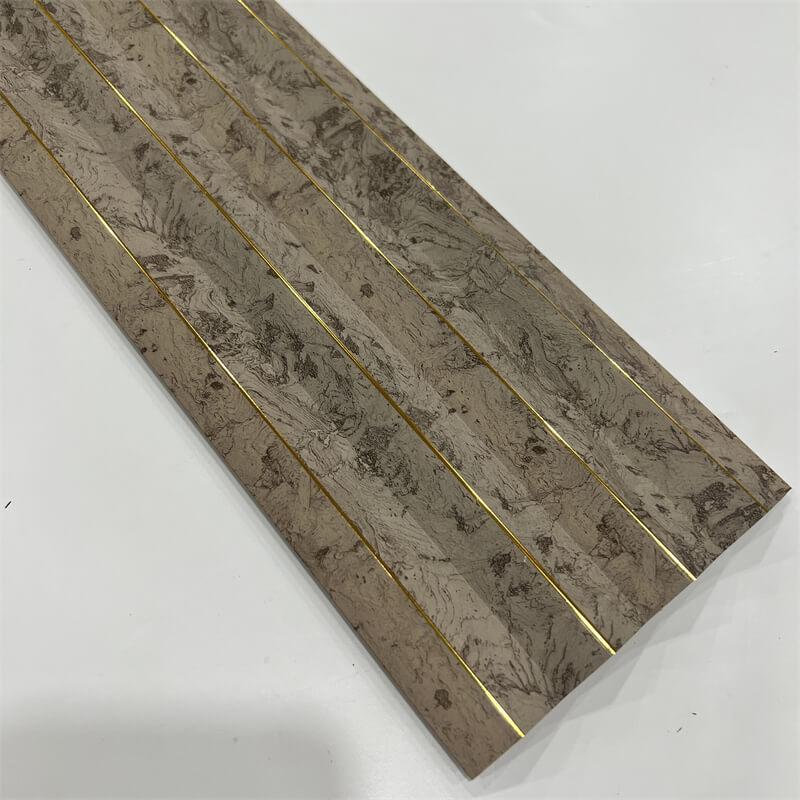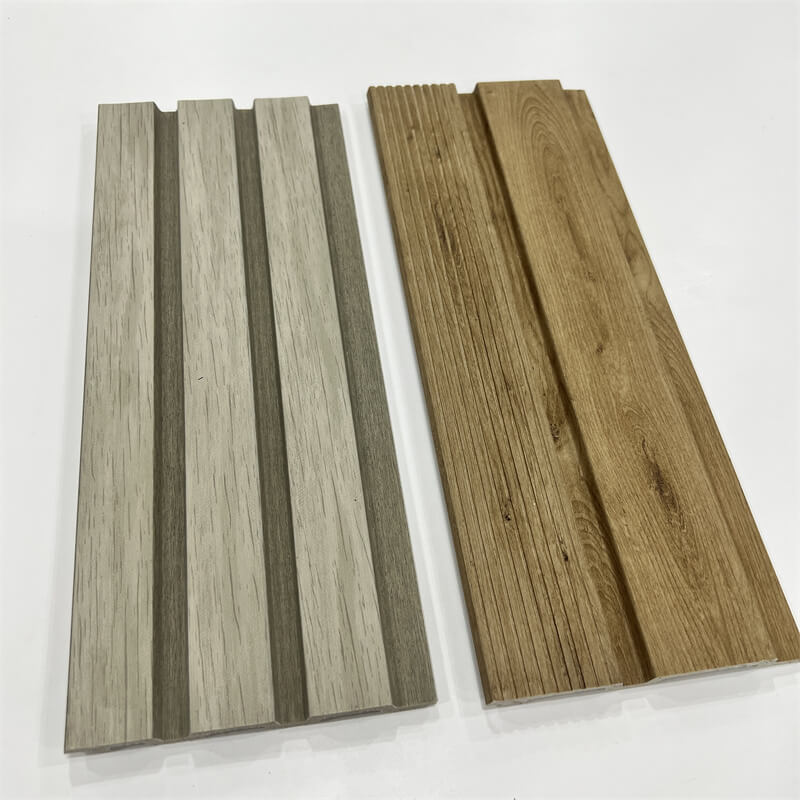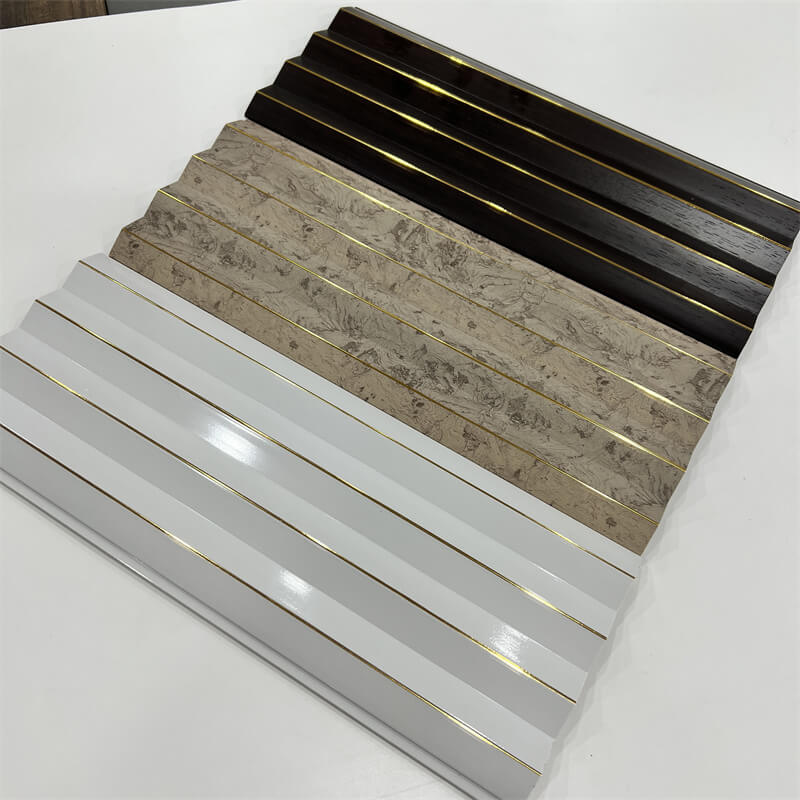
As the construction industry embraces sustainability as a core principle, innovative solutions are emerging to revolutionize the way buildings are constructed.
Among these groundbreaking technologies is PS wall panel manufacture.
PS wall panels, made from expanded polystyrene, offer a myriad of benefits that make them the future of sustainable construction.
From energy efficiency and reduced environmental impact to enhanced durability and design flexibility, PS wall panels are reshaping the industry and paving the way for a greener and more sustainable future.
In this article, we will explore the key advantages of PS wall panel manufacture and how it is poised to transform the construction landscape.
Energy Efficiency and Reduced Carbon Footprint
PS wall panels are renowned for their exceptional energy efficiency.
The expanded polystyrene core of these panels acts as a highly effective thermal insulator, reducing heat transfer and minimizing energy consumption for heating and cooling purposes.
This energy efficiency translates into substantial cost savings for building owners and occupants while simultaneously reducing carbon emissions.
By optimizing energy usage, PS wall panel manufacture helps mitigate the environmental impact of buildings and contributes to a more sustainable built environment.

Sustainable Materials and Reduced Waste
The materials used in PS wall panel manufacture are inherently sustainable.
Expanded polystyrene, a recyclable material, forms the core of the panels.
The manufacturing process utilizes minimal resources and generates less waste compared to traditional construction methods.
Additionally, the lightweight nature of PS wall panels reduces transportation energy and costs, further minimizing the environmental footprint.
By embracing PS wall panel manufacture, the construction industry can significantly reduce material waste and contribute to a circular economy approach.
Enhanced Durability and Longevity
One of the standout advantages of PS wall panels is their remarkable durability and longevity.
These panels are designed to withstand various environmental factors, including moisture, mold, pests, and even seismic activity.
The combination of expanded polystyrene, reinforcement materials, and protective coatings ensures that PS wall panels maintain their structural integrity over time.
The extended lifespan of buildings constructed with PS wall panels reduces the need for frequent repairs and replacements, saving resources and minimizing waste generation.
This enhanced durability makes PS wall panels a sustainable choice for long-term building construction.

Design Flexibility and Adaptability
PS wall panels offer architects and builders a high degree of design flexibility and adaptability.
The lightweight nature of these panels allows for more creative freedom in architectural design, enabling the construction of unique and aesthetically pleasing structures.
The ease of customization and assembly makes PS wall panels suitable for various building types and styles.
Moreover, their modular nature allows for future modifications and adaptations, promoting sustainable practices such as adaptive reuse and renovation instead of complete demolition.
PS wall panel manufacture empowers architects to create sustainable buildings that align with evolving needs and minimize resource consumption.
PS wall panel manufacture represents the future of sustainable construction, providing an array of advantages that address the pressing environmental and economic challenges faced by the industry.
With its energy efficiency, sustainable materials, enhanced durability, and design flexibility,
PS wall panels are reshaping the way buildings are constructed while reducing the carbon footprint and promoting a circular economy.
As the construction industry increasingly embraces sustainable practices, PS wall panels will play a pivotal role in creating a built environment that is both environmentally responsible and economically viable.
The future holds immense potential for PS wall panel manufacture, as it continues to redefine the landscape of sustainable construction.
